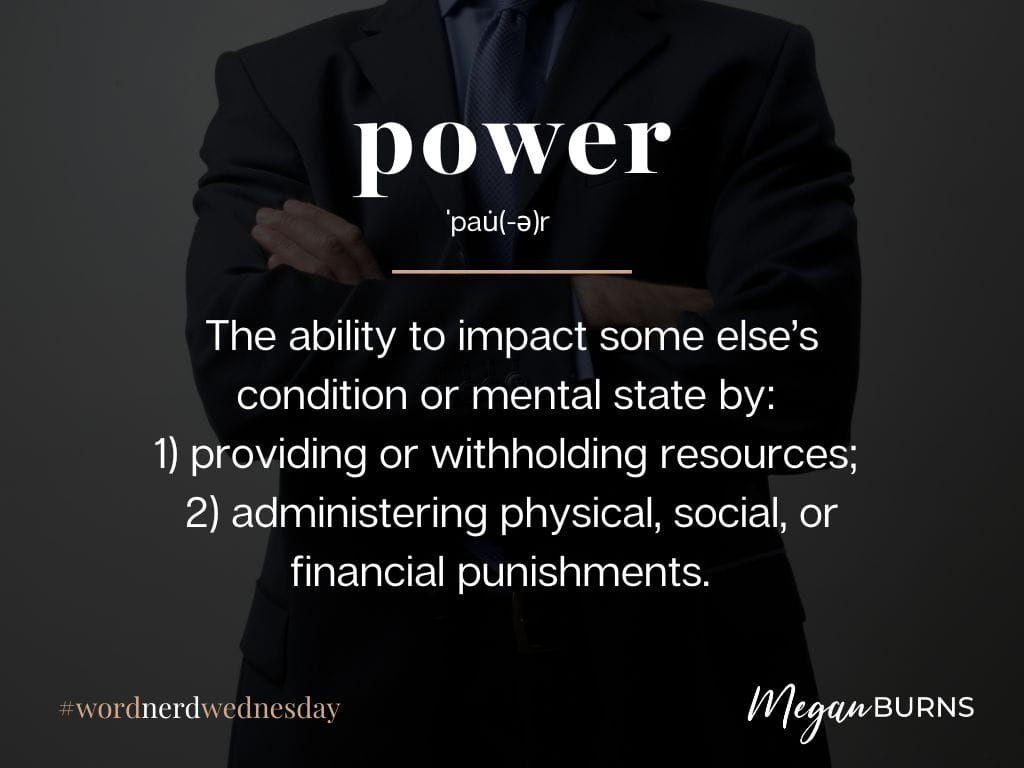n 2006, Jeanne Bliss introduced the concept of “Power Core” – the part of an organization that sets the tone and drives the agenda. She found six archetypes: Product Power Core, IT Power Core, Marketing Power Core, Sales Power Core, Vertical (Industry) Core, Customer Power Core. Does one of those resonate?
To identify your organization’s power core, consider a definition of power from our June 2024 CX Frontiers Book Club, “The Power Paradox.” The author define power as (paraphrasing):
the ability to impact other’s condition or state of mind by providing or withholding resources or by administering physical, social, or financial punishments.
What resources do various teams control?
What rewards or punishments can they doll out?
As I thought about this perspective, three things came to mind:
1.) Having formal authority doesn’t always mean having power.
Whoever controls budgets has some power, but those who allocate social capital (i.e., status) can have more. I’ve seen product teams who technically “own” their development roadmap, but their leaders just do whatever a sales or industry vertical President wants done.
Why? Fear of social punishment. Doing the “wrong” thing in the wrong person’s mind can cause them to damage to your reputation and/or deny future status by withholding promotions. It’s a political calculation anyone who has ever worked in a large organization understands.
2.) If IT isn’t the main power core in an organization, it’s probably #2.
When I was a software engineer, we controlled which features would get on the company’s site by virtue of what we agreed to put in each release. It was a constant battle with the business. This conflict has worsened as business becomes more digital. No matter what people want to do – gather analytics, implement feedback tools, improve usability – they probably need a developer or engineer to do it. Some try to reclaim power from IT by building their own tech stack, but that usually backfires.
3.) Direct access to customers is a closely held asset.
When I hear “Who ‘owns’ the customer?” I know there’s a power struggle at hand. People are fighting over a precious resource – customers’ time. Account teams push back when others asks to interview, survey, or email “their” customers. Marketing tries to limit access to customer contact info. Often, these gatekeepers mean well. They want to protect customers from a barrage of requests. But that’s not always the case. When comp is tied to NPS, keeping unhappy customers from taking a survey is a power play to artificially inflate their bonus.
If you’re interested in this topic of power and how it shapes CX efforts, join us June 20th for our next book club discussion. Get info and RSVP for the meeting here:
https://bookclubs.com/join-a-book-club/club/customer-experience-frontiers


